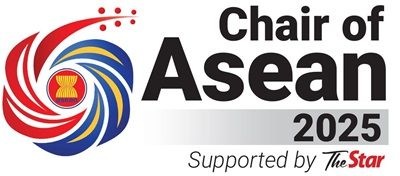KUCHING: Asean member states must work together to reduce the cost of next-generation antiretroviral (ARV) drugs for HIV patients in their respective countries, says Datuk Lukanisman Awang Sauni.
The Deputy Health Minister said regional cooperation was vital to procure these drugs at fair and affordable prices.
“The cost of ARV drugs is high due to their intellectual property, so we need to work together on regional procurement solutions.
“Buying in bulk through an Asean regional platform will facilitate easier access to these drugs,” he told reporters after opening the Asean regional dialogue on affordable ARV drugs and promoting community-based testing here on Thursday (July 17).
Lukanisman also said Malaysia was working to reduce the cost of a new fixed-dose combination drug known as tenofovir-lamivudine-dolutegravir (TLD).
“The current ARV costs about RM500 a year. TLD is a new medicine that would cost over RM200 a month, but we want to reduce it to at least RM100 per month.
“The cost is higher than the previous ARV, but it’s more effective in treating patients,” he said.
In his speech earlier, Lukanisman said access to affordable next-generation ARV drugs like TLD was essential to sustain the HIV response in Asean countries.
However, he said the region was facing the twin challenges of declining international funding and increasing costs of providing HIV services.
“We must work together to pursue fair pricing, support voluntary licensing and develop regional procurement solutions through mechanisms like the Medicines Patent Pool,” he said.
The Medicines Patent Pool is an international public health organisation that aims to increase access to essential medicines for low- and middle-income countries through voluntary licensing and patent pooling.
Lukanisman also said the dialogue was a platform to strengthen regional solidarity and reaffirm Asean’s collective commitment to ending AIDS as a public health threat by 2030.
He said the experience and best practices of countries like Cambodia, Thailand, Vietnam and Malaysia could guide the way forward for the region.
“This dialogue enables us to learn from one another and coordinate efforts across Asean,” he said.
